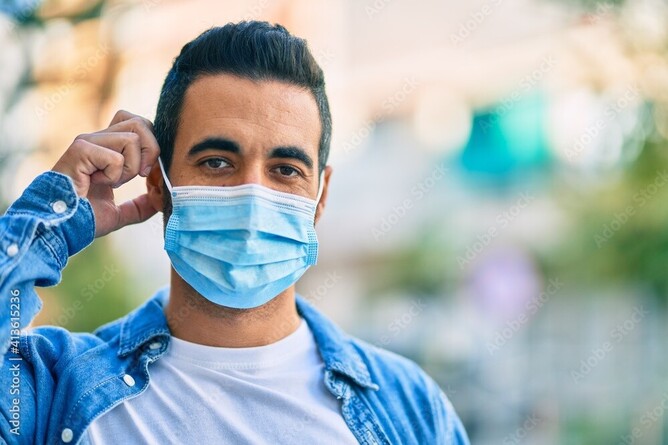Many people with hepatitis B have questions about how COVID-19 can affect them. The below FAQs contain useful information about risk, treatment and vaccinations. Please contact us if you have further questions.
Hepatitis B and COVID-19
Do I have a higher risk of catching COVID if I have hepatitis B?
No. There is no evidence that people with hepatitis B are at higher risk of catching COVID-19. Please follow official health advice on keeping safe and stopping the spread of COVID-19.
I have hep B, am I at higher risk of severe illness from COVID-19?
No. Hepatitis B does not contribute to more severe illness with COVID-19.
If I have hepatitis B, do I need to take extra precautions against COVID-19?
No. However, you should take the same precautions advised by health authorities. We all need to take precautions to stop the spread of COVID-19, whether we have hepatitis B or not. You should take extra precautions to protect yourself from COVID-19 if you:
Have an additional health condition (such as heart disease, high blood pressure, diabetes,
obesity, cancer or a chronic respiratory disease including asthma, bronchitis and emphysema.
Are over 70
Have a weakened immune system.
I have cleared the hepatitis B virus. Am I at risk of contracting COVID-19?
There is no evidence to suggest people who have cleared hepatitis B are at higher risk of catching COVID-19 or being severely ill if they do get it unless they also have a chronic health condition, are over 70, or have a weakened immune system.
Hepatitis B and the COVID-19 vaccine
Will the COVID vaccine have any negative impact on my hepatitis B?
No. There is no reason to be concerned about the COVID vaccines. There is no evidence to suggest these vaccines have any negative impact on people with hepatitis B.
If I’m being treated for hepatitis B, can I still get the COVID-19 vaccine?
Yes. There is no evidence to suggest the COVID-19 vaccines have any impact on your hepatitis B treatment. It’s really important to always take hep B medication. You should only stop taking it if your doctor or specialist tells you to.
I have cirrhosis of the liver. Should I still get the COVID-19 vaccine?
Yes. The COVID-19 vaccines are safe and recommended for people with cirrhosis. Getting a COVID-19 vaccination may be especially important for people with cirrhosis who are at increased risk should they be exposed to COVID-19.
I’ve had a liver transplant, should I still get the COVID vaccine?
Yes. People who have had a liver transplant and are on anti-rejection drugs can and should still get the COVID-19 vaccination. The vaccine is safe and effective. People who have had a liver transplant are particularly vulnerable to severe illness if they get COVID-19, and so are encouraged to get vaccinated.
Hepatitis B treatment and COVID-19
Should I keep taking my hepatitis B medication as the pandemic continues?
Yes. You should only stop taking your treatment if told to by your doctor or specialist. It is important to take your hepatitis B medication as prescribed, otherwise, the virus could become resistant and might be harder to control.
Will hepatitis B medication weaken my immune system and mean I have a higher risk of contracting COVID-19?
No. There is no evidence that hepatitis B medications affect your immune system or increase your risk of contracting COVID-19.
Does my hep B medication give me protection against COVID-19?
There is no evidence to suggest hepatitis B medication will provide protection against COVID-19.

